How young jobseekers can build out their resumes with work experience and new skills
How young jobseekers can build out their resumes with work experience and new skills
There are ways around this though and the solution begins with looking at all possible previous work experiences, no matter how simple it might seem, and sharing it in a way that shows employers what skills you can take from everyday life and put to good use at work.
Here’s a list of tips to help young people use work experience to build their skills and resume.
Internships
Internships are a good way to get hands-on experience and build your skills. They may be unpaid or low-paying but being able to highlight the tasks and responsibilities you were given is priceless at this stage of filling up your resume. You might find opportunities like this online in an app like LinkedIn, or at in person networking events, morning teas and workshops.
Volunteering
Volunteer work can help you develop essential skills such as teamwork, communication, and problem-solving. Include your volunteer experience on your resume and even if it doesn’t directly relate to the career you’re working towards it’s still a great opportunity to highlight any new skills you learned.
Transferable skills
Identifying transferable skills from past experiences means that, for example, if you worked in retail you pups share the customer service, problem-solving, and time management skills you learned in that role and talk about how valuable they are in so many other jobs and industries. Hobbies are great for transferable skills to as they often require commitment and self-management which employers love to hear about in interviews.
Freelance work
If you have skills in writing, graphic design, web development, or similar areas, consider taking on freelance projects by reaching out to small business owners, LinkedIn connections, and community Facebook groups. It’s a good way to get variety and a bigger mix of projects and achievements to talk about than you would with one full time job.
Education and qualifications
Include all coursework, assignments you’re proud of, qualifications, and any extra responsibilities you stepped up for (or were nominated/voted for) at school. These could include being a leader, captain, prefect, librarian, buddy, monitor, assistant or canteen helper. Taking on these roles at such an early stage of your career shows your character, work ethic, and how your peers value you.
Achievements
Highlight significant achievements from school or other activities: a footbal trophy, sporting award, personal best, or similar win would look great on your resume. previous experiences. If you’ve helped to organise an event, done something kind for your community, or stepped out of your comfort zone and done something you’re proud to share, include it in your resume as it shows your ability to do cool stuff and get results.
Online learning and training courses
There are some great online resources for skill development including platforms like Coursera, edX, and LinkedIn Learning where you can enroll to get new skills and qualifications which can then be added to your resume.
Once you’ve padded out your resume with every achievement, experience, qualification, award and skill you can think of, think about how you a now tailor a resume for each job application. Include the skills and experiences connected to the job you’re applying for and make sure they’re up front and highlighted (in bold or under a heading “My specific experience for this job”.
This will make your resume stand out more for each employer and by highlighting your dedication to developing new skills you can show them your true value and potential as a job candidate.
Register here to find out more about how we can provide dedicated job search support and jobseeker programs to help you reach your employment goals.
Post categories
- Employers (20)
- Job seeker tips (172)
- News (56)
- Real stories (144)
- Referral partners (1)







